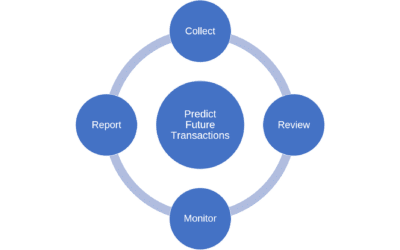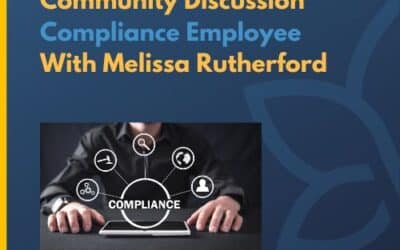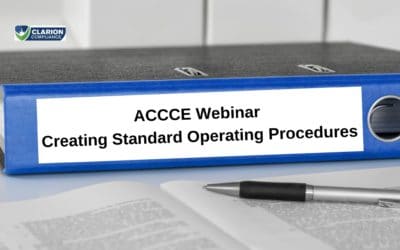This is a previously recorded webinar, which is available on demand.
In today’s evolving regulatory landscape, the rules on providing financial services to commercial cannabis businesses (CCB) are complex. The commercial cannabis industry is highly regulated and has complex risks to manage: anti money laundering, organized crime, compliance, supply chain, and operational risk areas. The financial institutions that services these customers must understand these 5 high-risk areas to manage their risk appetite.
The number of institutions banking marijuana-related businesses (MRBs) is in the hundreds—up from zero in 2014. Join this panel of professionals for practical guidance on preparing financial institutions for commercial cannabis banking and ongoing controls for one of compliance’s most complex and rapidly evolving customer types.
Hear from Phil Martin, a former Colorado Marijuana Enforcement Division manager; Chris Gunias, the Chief Compliance Officer of HDCS; and Cathy Scharf, SVP of Compliance for a mid size bank who services ancillary cannabis businesses. Find out what opportunities banking commercial cannabis businesses provides a financial institution and key considerations to keep in mind if you enter this customer segment.
This webinar provides two hours of ACCCE continuing education credits, which other associations may also accept. We recommend documenting this training for your regulators as two hours of professional training on cannabis banking.
This is a previously recorded webinar, which is available on demand.









